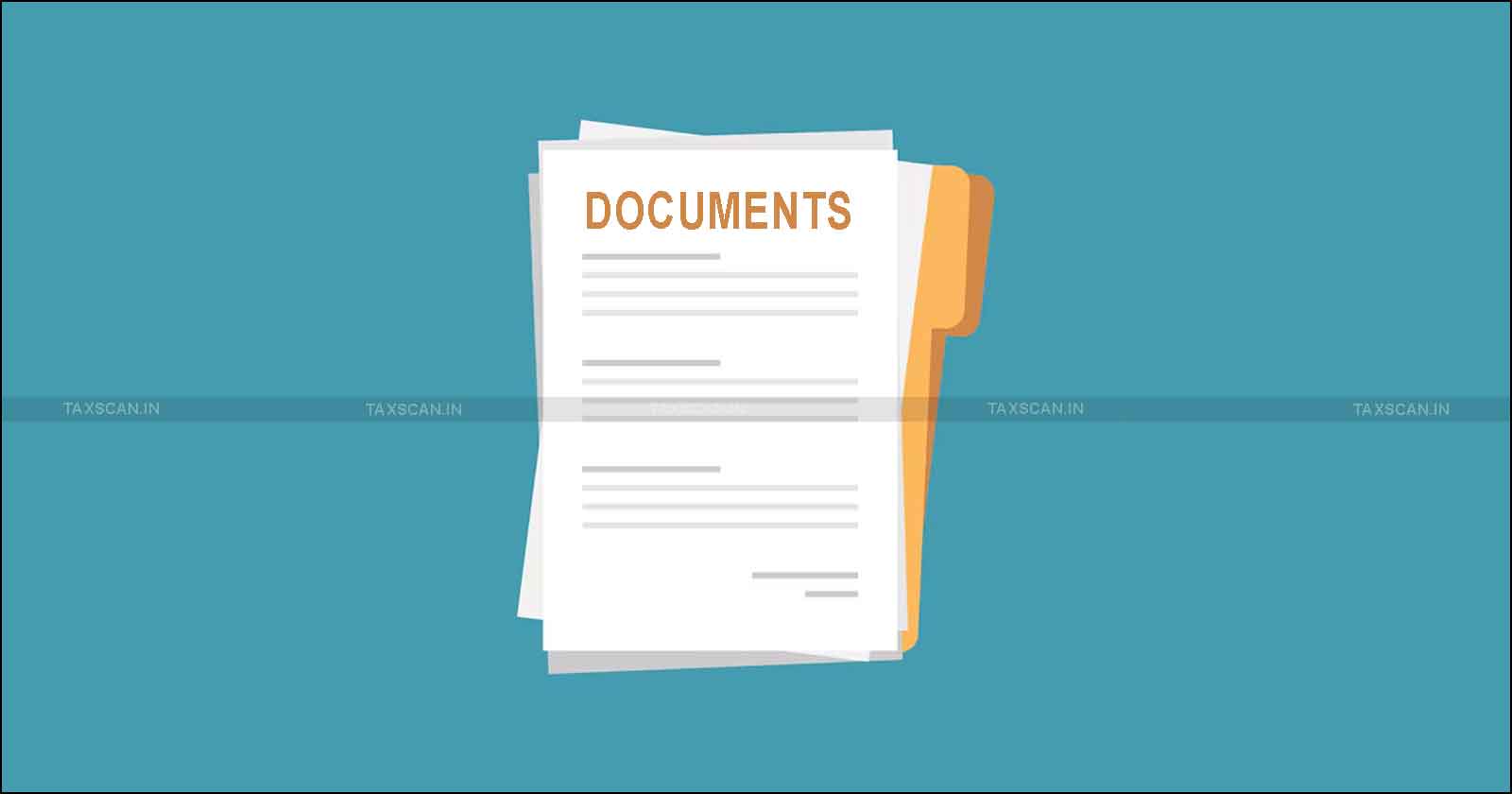GST ITC Claim rejected on Allegation of Non-existent Wntity and Fake invoices: Orissa HC Directs to avail statutory Remedy, Dismisses Petition [Read Order]
The assessment order transpired that the authority concerned has recorded finding that the transactions with the alleged nonexistent entity have been effected to avail benefits of Input Tax Credit
![GST ITC Claim rejected on Allegation of Non-existent Wntity and Fake invoices: Orissa HC Directs to avail statutory Remedy, Dismisses Petition [Read Order] GST ITC Claim rejected on Allegation of Non-existent Wntity and Fake invoices: Orissa HC Directs to avail statutory Remedy, Dismisses Petition [Read Order]](https://images.taxscan.in/h-upload/2025/09/25/2090967-gst-gst-itc-gst-itc-claim-allegation-of-non-existent-wntity-and-fake-invoices-taxscan.webp)
In a case regarding the rejection of claim of Input Tax Credit (ITC) due to allegations of non non-existent entity and fake invoices, the Orissa High Court directed to avail the statutory remedy and dismissed the writ petition.
Amit Metalics Company , the petitioner challenged the order dated 1st July, 2025 passed under Section 74 of the Central Goods and Services Tax Act, 2017/the Odisha Goods and Services Tax Act, 2017 ( “the GST Act”) by the Joint Commissioner of State Tax, Rourkela-II Circle, Sundergarh, wherein and whereby the petitioner was directed to pay Rs.72,63,912/- (including tax of Rs.34,49,536/-, Interest of Rs.3,64,840/- and Penalty of Rs.34,49,536/-) for the tax periods from December, 2023 to March, 2024, the Petitioner has approached this Court by way of filing this writ petition invoking extraordinary jurisdiction under Articles 226 and 227 of the Constitution of India.
Alleging wrongful availment or utilization of Input Tax Credit during the tax periods from December, 2023 to March, 2024 as against transactions with M/s. Swastik Trade Ventures and M/s. MG Trade and Services on the strength of fake invoices, a proceeding under Section 74 was initiated.
 Also Read:Driver’s Initial Statement Given More Weight than Subsequent Documents or Explanations: Allahabad HC Upholds GST Detention Order [Read Order]
Also Read:Driver’s Initial Statement Given More Weight than Subsequent Documents or Explanations: Allahabad HC Upholds GST Detention Order [Read Order]
Comprehensive Guide of Law and Procedure for Filing of Income Tax Appeals, Click Here
It was submitted that it has filed reply to the show-cause notice dated 29th October, 2024 and furnished documents to establish its claim with respect to Input Tax Credit vis-à-vis transactions effected with aforesaid suppliers. Further contended that it is the Revenue, which is required to prove that the transactions were effected with non-existent suppliers. The authority concerned has not evaluated evidence adduced before him with proper perspective, rather the finding of fact by the authority is erroneous insofar as the authority held the transactions fraudulent.
Standing Counsel appearing for the Department opposite parties, submitted that the transactions with each of the alleged non-existent entities have been clearly explained in such instruction. It is factually demonstrated that in fact the petitioner has shown receipt of supplies from suppliers who are found to be non-existent on enquiry by the department.
The assessment order transpired that the authority concerned has recorded finding that the transactions with the alleged nonexistent entity have been effected to avail benefits of Input Tax Credit. The alleged transactions being based on fake invoices, the authority has come to rightful conclusion that the petitioner was not eligible for availing benefit of Input Tax Credit and utilize the same.
Without entering into the controversial aspects, which are subject to a threadbare analysis of evidence on record by fact-finding authorities vested with such power under the relevant statute, the Court refused to entertain the petition.
The petitioner has alternative remedy to lay evidence to justify its claim qua Input Tax Credit availed in the returns before the appropriate authority, showing indulgence in the assessment order. The Chief Justice Harish Tandon and Justice Murahari Sri Raman relegates the Petitioner to avail the alternative remedy.
Support our journalism by subscribing to Taxscan premium. Follow us on Telegram for quick updates


